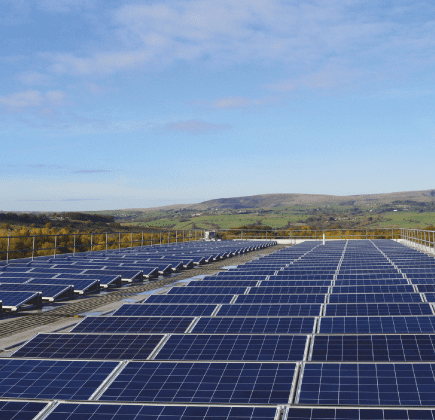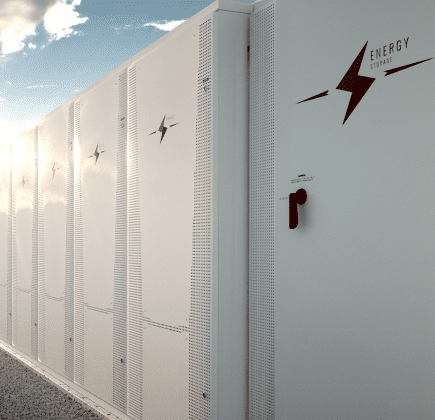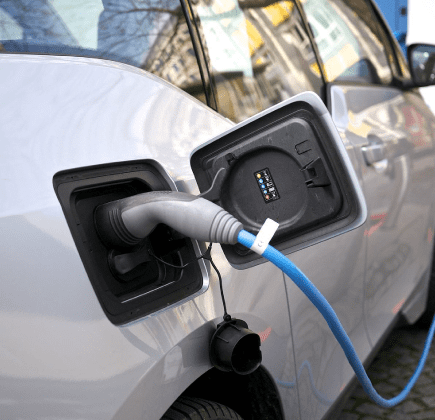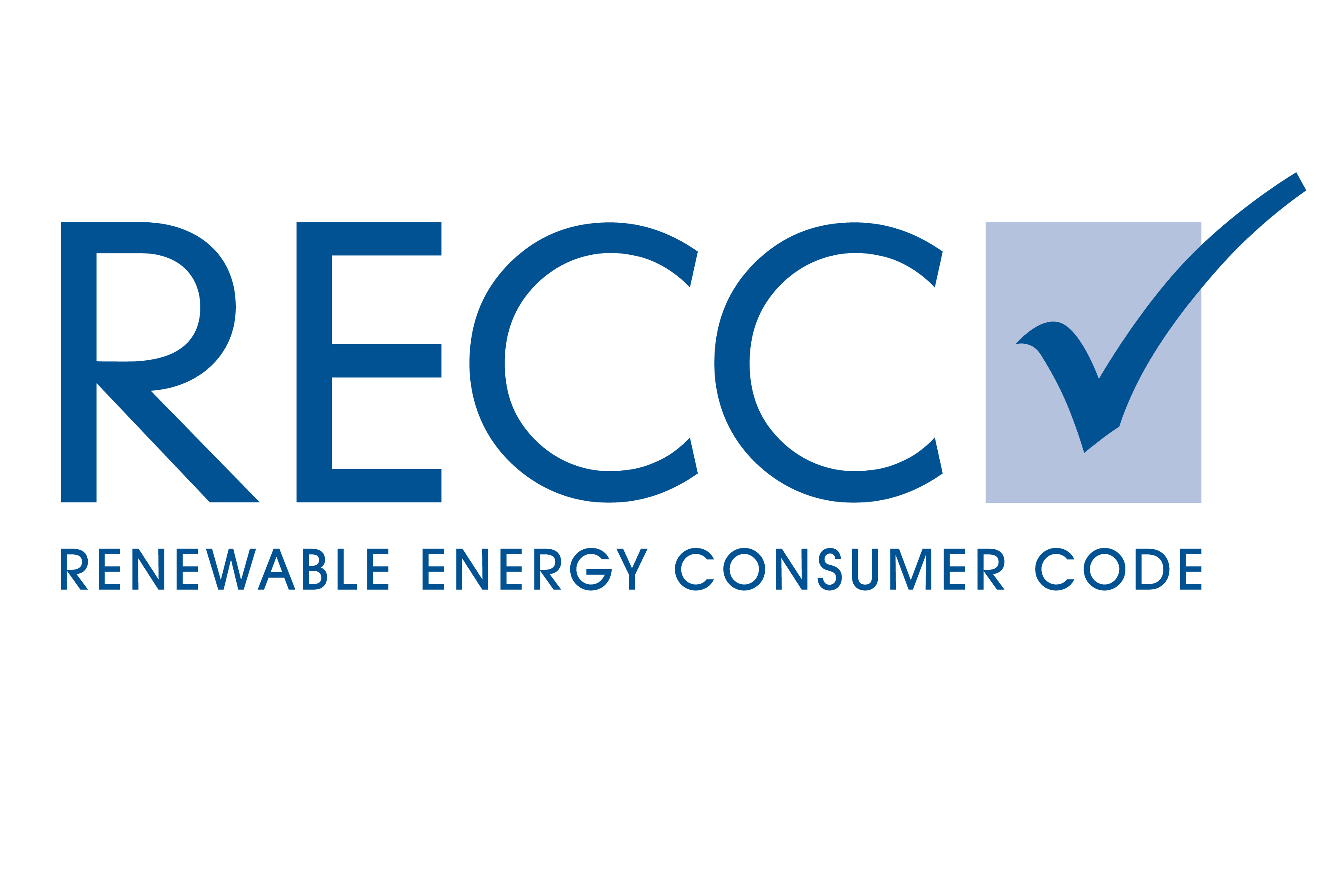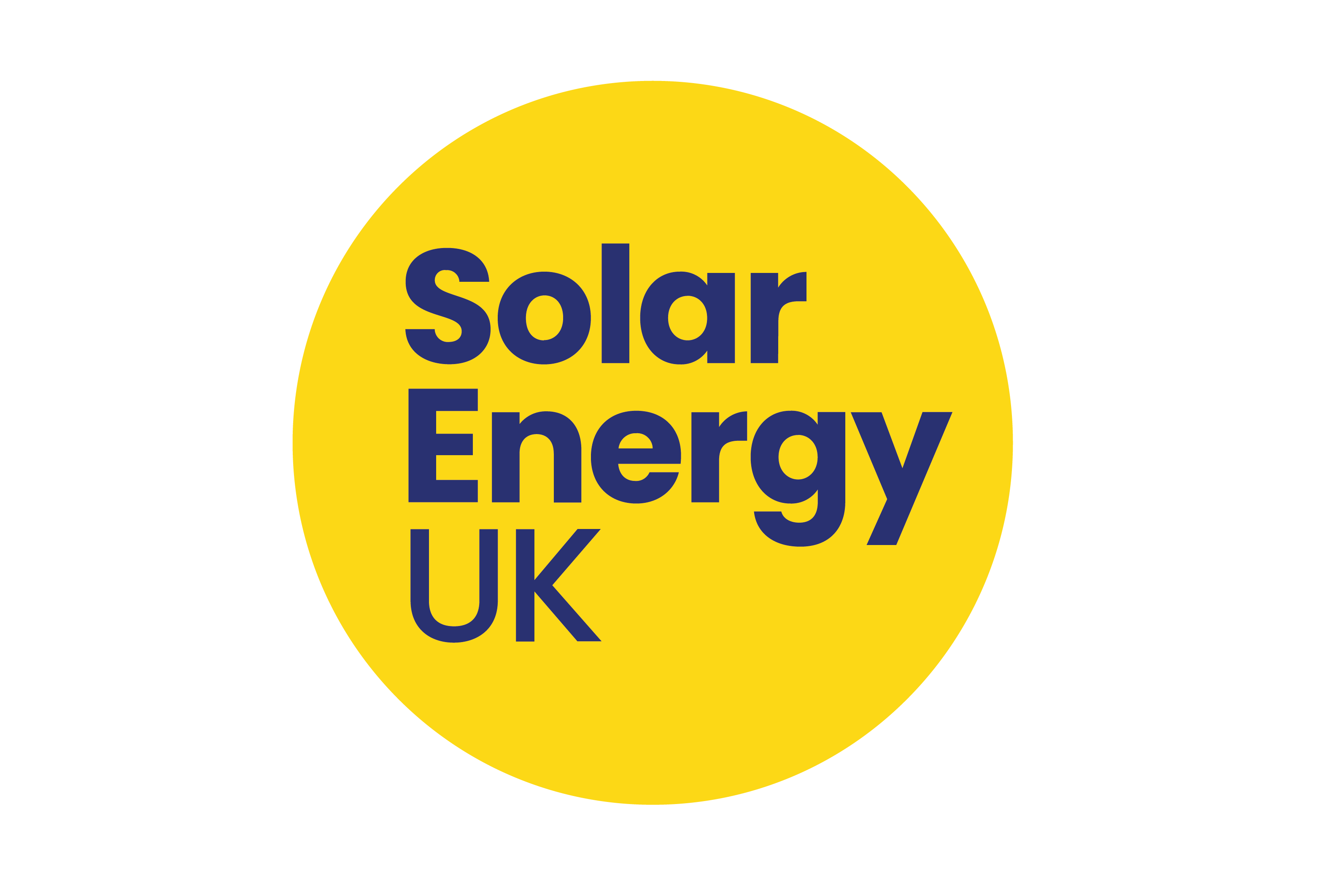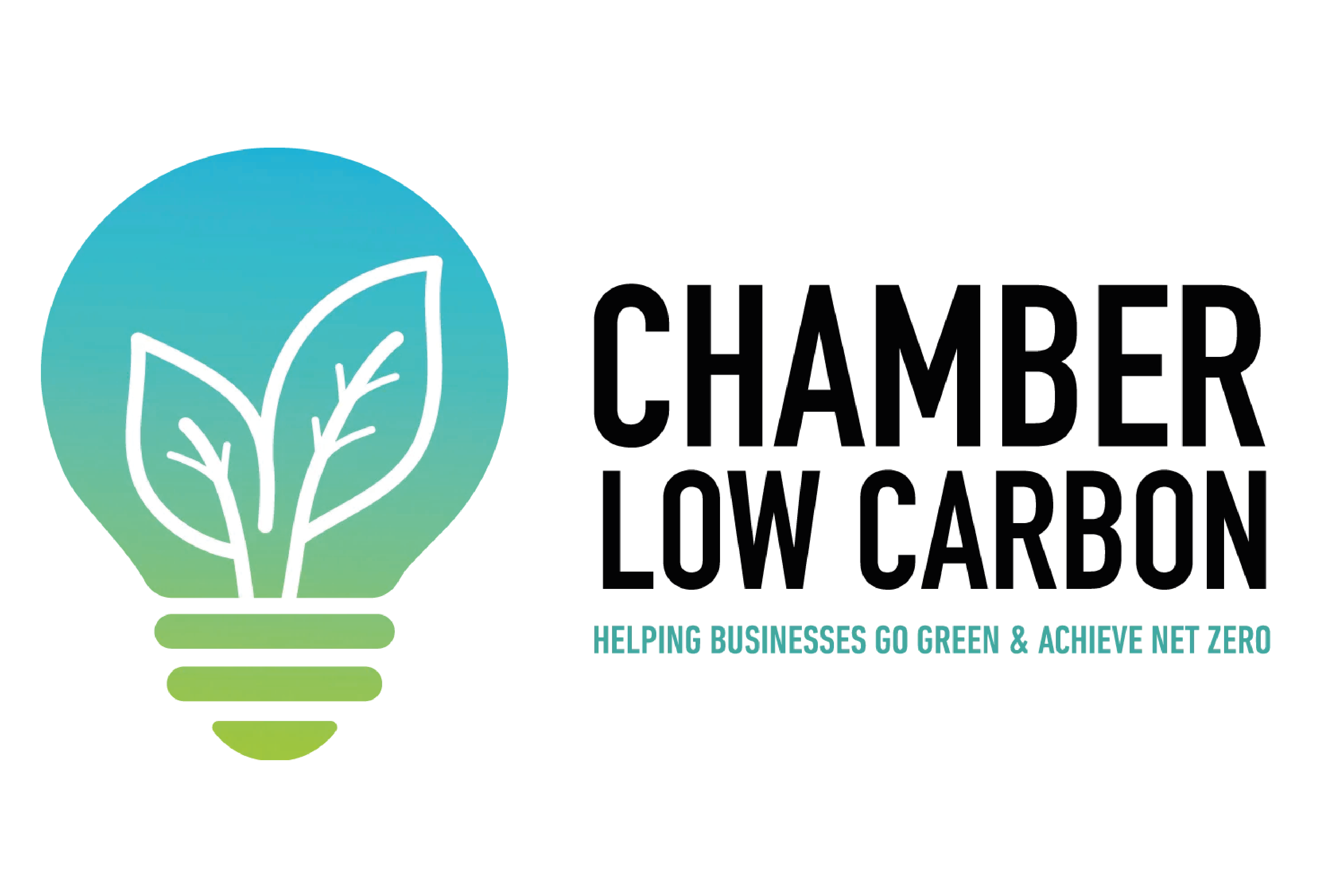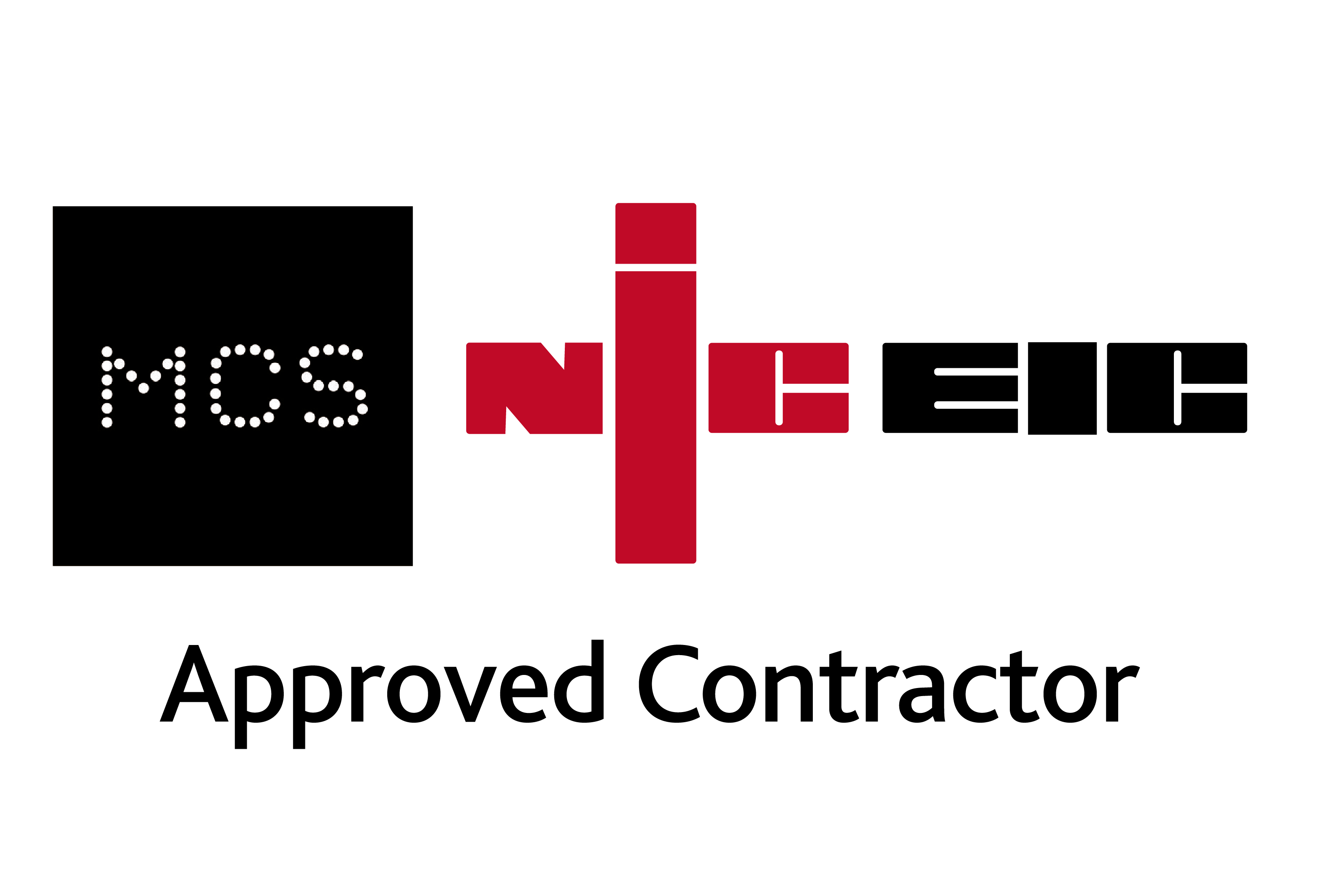
Why commercial solar panels are vital to the UK’s Net Zero goals
You’re probably up-to-speed by now on exactly what Net Zero is, but in case you need a quick refresher – the term basically refers to the concept of removing as many emissions from the atmosphere as we’re putting in. It’s widely seen as a more pragmatic and realistic goal than completely reducing emissions to zero, and it’s now a legally binding target for the government.
To that end, at the start of this summer, the first meeting of the new Solar Taskforce was convened, and one of the key takeaways involved highlighting the “untapped potential” of commercial sites for solar. The taskforce’s main goal right now is to accelerate any actions that are needed to meet the UK’s goal of achieving 70GW of solar power by 2035. To do that, it’s focusing on cutting the cost of installations, boosting British skills and jobs, and improving grid access.
Now of course, if your organisation has its own ambitions to reach Net Zero, that’s exactly where we can help here at Low Carbon Energy – we have a brilliant track record at helping businesses cut their costs with commercial solar panels. The taskforce has highlighted it as one of the best investments available, offering dramatic savings on energy bills, and potentially the opportunity again to be paid for sending excess power to the grid.
So with all the potent advantages of commercial solar panels in mind, it’s easy to see why they’re such a key priority for the Solar Taskforce!

What’s the situation as it stands?
On a national scale, we’re in the middle of quite a big push on solar. Right now, the government’s main goal is to increase the UK’s solar capacity nearly five-fold to 70GW as part of wider plans to “power up Britain” with energy that’s cleaner, cheaper, and more secure.
We’re already making major headway in the domestic sector, and as a nation we may already be on track for completing 230,000 installations by the end of 2023, which would be a new record. What’s more, 99% of the UK’s solar capacity – both on the ground and on rooftops – has been installed since May 2010. That’s the equivalent of powering almost 4 million homes.
While these are unquestionably big strides however, they’re not enough on their own.
How will commercial solar panels help?
Put simply, we need a lot more solar panels to help us reach that 70GW target, and unused commercial roof space can provide the perfect home for them – making commercial solar a wealth of untapped potential. According to a senior figure within the taskforce, there’s “acres” of unused space on (for example) car parks and supermarkets which could be put to excellent use.
It’s estimated that the rate of rooftop installation has to double to help us effectively hit 70GW by 2035, so the taskforce is currently examining various incentives to help drive that progress forward. Cost reductions have previously been effective (somewhat unsurprisingly), so at some point in the future we may expect to see the resurgence of policies similar to the old Feed-In Tariff, or the Smart Export Guarantee.
In addition to this, the taskforce is looking at publishing a roadmap in 2024 – essentially an action plan to highlight exactly what they’re going to do, and when they’re going to do it. Key areas of focus will be on expanding the UK’s workforce and skills, and identifying opportunities to secure resilient supply chains within the global market.
Will that be enough?
Not long after that initial Solar Taskforce meeting back in May, the Climate Change Committee found that solar generation capacity needs to rise significantly faster for the UK to reach its carbon targets, according to a report it released back in June.
In fact, the report mentioned that the development of solar power so far is “significantly off-track”. While our renewable capacity did increase in 2022, it didn’t do so at the rate required to meet the government’s stretching targets.
However, there has been “encouraging” progress over the last twelve months, especially the commitment to publish a solar roadmap next year. The co-chair of the Solar Taskforce, Chris Hewett, has acknowledged the CCC’s findings, and has said that he’s confident that next year the report will reach “very different conclusions”.
So, let’s see what happens!
In the meantime, if you’re looking at pushing ahead with your own solar plans, that’s exactly where we can help here at Low Carbon Energy. Our experts have over 30 years of combined experience, having helped SMEs and large corporations across a wide variety of sectors transform their business’ energy supply.
Each of our installations is bespoke, tailoring your solution on your specific energy profile, helping us to maximise carbon reductions and saving you thousands in energy bills. Feel free to look at our case studies for just a few examples of businesses which have reaped huge rewards from solar, such as Boeing and Irish Water. To find out how we can help you, feel free to give us a call today on 01282 421 489!
 Energy Technology
Energy Technology

Powering your present. Preserving your future.
Call us on 01282 421 489

strategy be a priority?
